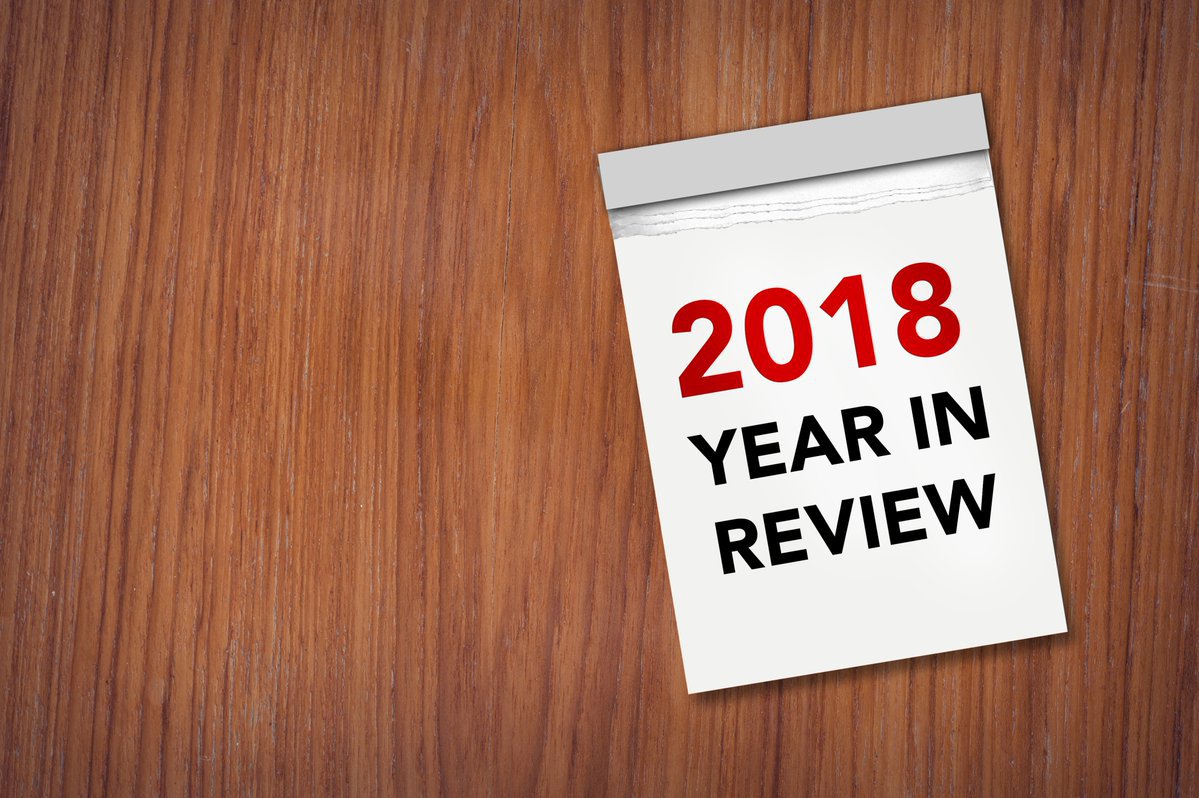What does a busy, aggressive, successful DUI Defense practice look like in Massachusetts and New Hampshire? In 2018 Bowser Law resolved 145 DWI and OUI cases in New Hampshire and Massachusetts. I also just started accepting Maine OUI cases after I was sworn in as a licensed Maine Attorney in February 2018.
I resolved ninety-five (95) NH DWI cases in 2018. The New Hampshire DWI Defense practice is vastly different than the Massachusetts OUI Defense practice, but similar to the OUI Defense practice in Maine. In New Hampshire, prosecutors are given the authority and discretion to charge bargain in the plea negotiation process. This means a DWI charge can be amended or dismissed by agreement to allow for a plea to a lesser offense. Most often this is a plea to Reckless or Negligent Driving or some other civil offense. It allows the defense and prosecution to avoid a trial that may carry risk to either side. Appropriate and creative sentence conditions can be imposed. Most importantly, a criminal conviction is avoided and a DWI disposition is avoided. A DWI conviction creates reciprocity issues for a Massachusetts or a Maine resident, but the hardship for a Massachusetts resident that has one or more prior drunk driving matters under the lifetime lookback provisions of Melanie’s Law can be staggering. Imagine a two year, eight year, ten year or Lifetime loss of license because of DWI 1st conviction in New Hampshire. This process is both efficient and ethical. New Hampshire prosecutors exercise this discretion only when appropriate and, often times, only after considering the evidentiary, search and seizure, constitutional and legal and/or trial issues raised by the defense. One more reason to always conduct the Administrative License Suspension (ALS) Hearing. It helps to build a useful record for the defense, rather than simply relying upon the assertions in the police report.
In fifty-four (54) NH DWI cases I was able to negotiate a plea to a lesser civil infraction.
In fourteen (14) Aggravated DWI cases, all the matters were resolved without a conviction of the Aggravated charge, which avoided mandatory jail time, mandatory installation of the Ignition Interlock Device, a minimum twelve (12) month loss of driving license/privilege and allowed for the regular B Misdemeanor DWI charge to be reduced to a violation in one (1) year. Almost all of these cases resulted in a plea to a DWI 1st charge with some enhanced penalty, typically a longer license/privilege loss.
New Hampshire Law does not allow for a jury trial on a DWI 1st offense. Every DWI 1st case proceeds to trial before a Judge only. This is referred to as a Bench Trial. I completed 13 NH DWI Bench trials in 2018, with seven (7) not guilty verdicts and six (6) guilty findings. My only NH DWI jury trial last year was on a subsequent offense, which unfortunately was a guilty finding. 81% of my NH DWI clients were not convicted of DWI, or not convicted of the most serious level of DWI offense charged (Aggravated or 2nd/3rd Offense).
I resolved fifty (50) Massachusetts OUI cases in 2018. The practice in Massachusetts is vastly different because the OUI charge is never negotiated away as part of plea agreement and you can have a jury trial, even on an OUI 1st Offense. Especially because of the lifetime lookback effect of Melanie’s Law, clients with subsequent offenses are faced with “go to jail or go to trial” decisions. I prefer the go to trial option!
I completed twenty-one (21) MA OUI jury trials in 2018, with seventeen (17) not guilty findings. I completed three (3) bench trials, where the client and I decided to waive the jury trial, with three (3) not guilty findings.
Six (6) OUI charges were dismissed outright, for lack or prosecution or success on a Motion to Suppress, where the grounds for the stop or arrest were challenged. An outright dismissal has the same effect as a not guilty finding, as opposed to a dismissal following a Continuance Without a Finding (C.W.O.F.), which is not a true dismissal and counts as an OUI 1st disposition for the rest of your life.
In thirteen (13) cases, the client opted for the above described C.W.O.F. plea option, after considering the evidence, legal issues, and oftentimes, the expense and time associated with a trial as well as the ability to obtain a hardship license much sooner.
Two (2) cases were resolved with Cahill pleas. This is a plea option that allows a defendant charged with OUI 2nd Offense, to be sentenced again as a 1st Offender. This disposition does result in a mandatory period of ignition interlock placement for at least two (2) years. A Cahill eligible client can only have one (1) prior OUI disposition that is more than ten (10) years prior. 56% of MA OUI clients avoided an OUI conviction, or conviction of the most serious OUI Offense charged (2nd Offense).
That is 37 OUI/DWI trials last year, which is about average for my practice over the past several years. I actually used to try many more cases in New Hampshire, but now tend to resolve more by agreement. Hopefully, the rate of success for my clients continues in 2019 and I look forward to building my OUI Defense Practice in Maine.




